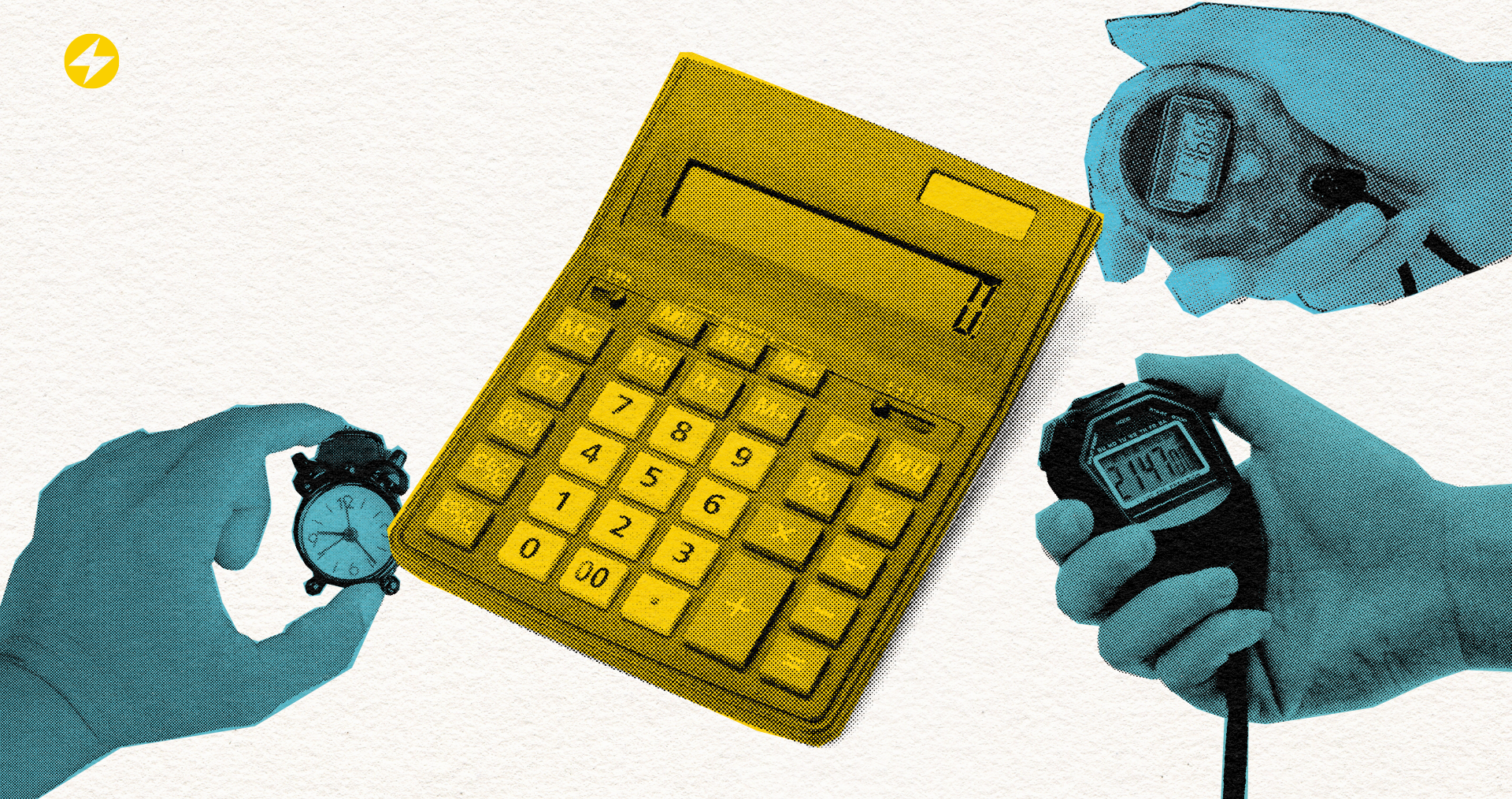What Is Brand Messaging and How Can Yours Succeed With It?
It takes more than an exceptional service or product to stand out among your competition no matter what your industry is. Around 81% of consumers state that they need to trust a brand before they'll consider purchasing from them. Branding, especially brand messaging, allows companies to define their values and clearly state them to their audience.
If you're new to learning about marketing for your company, you might be wondering, "What is brand messaging?" Developing your brand messaging has more to do with building a customer base. It's not only about your services and deals.
This blog will discuss the basics of brand messaging. We'll also talk about the brand messaging framework and how you can easily craft your own.
What Is Brand Messaging?
Brand messaging refers to how your business speaks. It's streamlined communication that's led by a strategy to convey your brand promise to your target audience.
The goal of brand messaging is to make sure you're saying the right things at the right time. Once you nail that method of communication, it'll help with your word-of-mouth marketing as it influences how others feel and talk about your business.
Potential customers only have a few seconds when viewing your website or an ad to decide whether or not they want to spend money on your wares. Consistent and strong brand messaging is the best way to make an impact and turn them into a paying customer.
Internal Brand Messaging
How you and your staff define your brand is a jumping-off point for your overall messaging. Some of the things that affect your employees as much as the public include:
- Mission
- Values
- Vision
Your company's culture develops from the way your internal brand messaging circulates amongst your staff. It's important to define the above three things when you start developing your company. They'll serve as the foundation for your business and comprehensive brand messaging strategy.
External Brand Messaging
External brand messaging refers to how your business communicates with the general public and your customers. These types of messages tend to be more actionable and informational. This is unlike internal messaging, which revolves more around ideas.
A few of the elements that are included in external brand messaging are:
- Value propositions
- Slogan
- Differentiators
- Position statement
Developing these core statements will keep your messaging consistent and marketing campaigns successful.
How to Create a Brand Messaging Framework
There are many factors to consider when determining your brand messaging. Communicating your brand story builds trust between you and your customers, encouraging them to opt for your products or services over others. Let's go into more detail about the various things to keep in mind when working on your brand messaging.
Mission
Your company's mission statement can be one or two sentences that are the "why" behind your business. One of the ways you can craft your mission statement is by finishing one of the below sentences:
- We exist because
- We do what we do because
Come up with a few different options so you can determine which one perfectly encapsulates your brand. Make sure you stay on track and stick to the "why" in your statement.
Vision
Your vision statement refers to an imaginative and forward-thinking statement. This statement sets a goal of what you want to see happening in the future because of the work your company is doing. You can easily focus all of your brand messaging around the clear goal you have for your company in the future.
Values
Your values determine how you do your business. Your values are the map that guides your company toward your journey to your final vision. Examples of values include:
- Putting people first
- Courage
- Help others be successful
- Innovation
Value Proposition
Value propositions refer to short statements about what you can do for your target audience. They convey what the value of your product or business is. Most businesses have more than one, especially if they have multiple customer segments.
Well-crafted value propositions distinguish you from your competition by identifying your unique selling points (USPs). They can quickly show the benefits your customers can experience from working with you.
Positioning Statement
Your positioning statement is essential to the success and health of your brand because a lot of people will see it. Some of the areas it'll hit about your business include:
- How
- What
- Who
Your positioning statement will cover your industry, what you promise, your target audience, and your evidence. Your external marketing should always connect back to your positioning statement.
Differentiators
What sets you apart from your competition are your company's differentiators. Your business model and brand strategy will define these. However, your brand messaging needs to convey your differentiators to your audience.
One way to get started on them is by listing what makes you better and different than other companies in your field. Some of the things you can consider include:
- Materials
- Values
- Audience
- Quality
- Price point
- Service
- Ingredients
Anything you do differently than other companies is a differentiator. Pick three or four of them that are the most important to your audience. Highlight them in all of your graphics and messaging.
Slogan
Your business's tagline or slogan is a crucial element of your business's external brand messaging. You can create a message that will resonate with your audience in just a few words.
Businesses can use their slogan in any way they choose. You may want to elicit emotions or describe your business. Just make your slogan memorable, short, and to the point.
Take Your Brand to the Next Level With Bolt Marketing
We hope we've answered the question "What is brand messaging?" Taking the time to develop well-thought-out internal and external brand messaging will assist you with connecting to your customer base. Craft exceptional business communications and connect with your audience with the assistance of an experienced marketing agency.
Branding experts at Bolt Marketing are here to guide you through the process of crafting your brand messaging. Our full suite of marketing services will elevate your business and enable you to achieve your goals.
Reach out to our office to book a consultation with our marketing team.





Bolt Marketing









